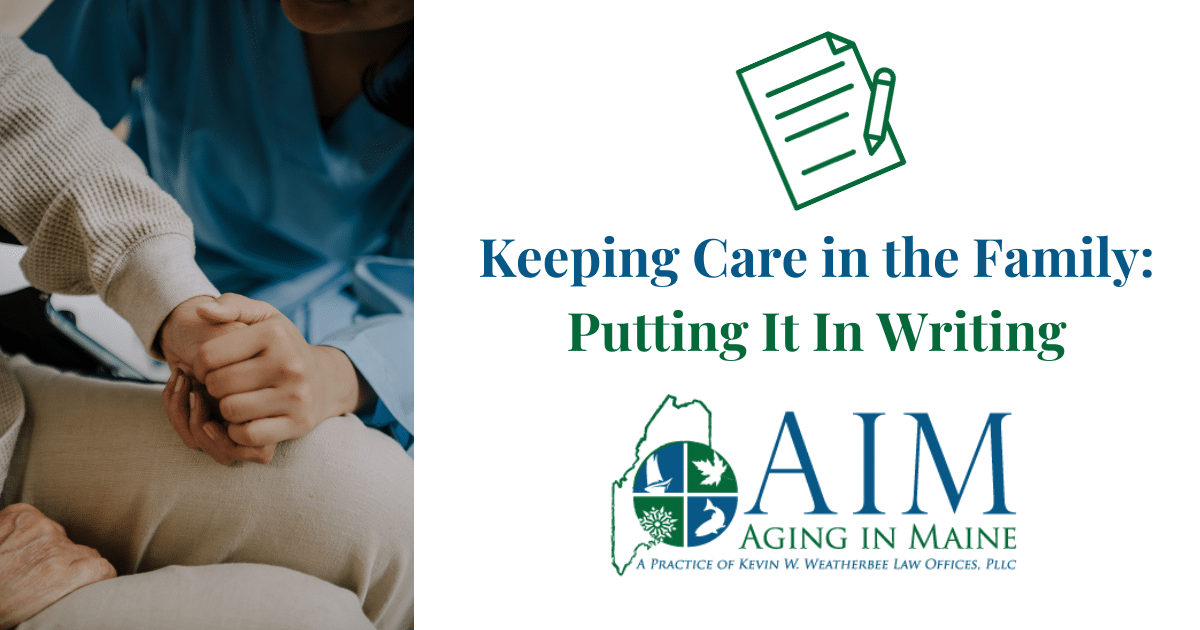If you are part of the Baby Boomer generation, you are likely retired or quickly approaching retirement. You may be thinking about how you will spend your new-found free time, planning trips you have wanted to take, or spending more time with your children and grandchildren. These are good things to think about, but you may also have some financial or medical concerns at this stage in life.
Thinking about late-life and end-of-life decisions and finances is not as much fun as planning trips and spending time with family, but it’s important to act before you have an emergency.
Here are some questions you should ask yourself:
- Am I financially prepared for the rising cost of long-term care?
- Who will care for me and make health- and financial-related decisions for me if I am unable to make decisions on my own?
- Whom do I want to handle my estate after I pass away?
These questions are related to estate planning. Estate planning can include many things, but it most often entails instructions in legal documents about wishes involving financial, health care, and end-of-life decisions. Since these topics are usually not fun to talk about, it is no surprise that many people delay this vital process. According to a recent study by Caring.com, only 33% of Americans have a will or a living trust. The percentage is higher for Baby Boomers. According to the American Association of Retired Persons, 58% of Boomers have estate-planning documents.
Importance of Estate Planning
Estate planning is like planning a trip, where you make decisions ahead of time and adjust the details as time goes on and circumstances change. The choices you make in your estate planning documents act as a road map to guide the people you have named to make decisions on your behalf. These decisions include who will make financial and health-care decisions for you when you are unable.
Another important part of estate planning is deciding what you want to happen to your assets before and after your death. Making these decisions and writing them down well ahead of time makes things easier for your loved ones, who will likely be the ones following your wishes. It gives everyone peace of mind when they already know what to do in certain situations.
Long-term Care Planning
Baby Boomers are living longer than those of previous generations. Because of this, they require more long-term care. The ever-increasing cost of long-term care is draining many Boomers’ life savings and investments. This is unfortunate for those needing the care but also for their loved ones since there will be less left for them..
By using estate planning tools, such as trusts, you can protect your assets and get government assistance for healthcare expenses. However, there are time restrictions for some government programs, such as Medicaid. For example, if you intend to apply for Medicaid benefits, you will need to move assets out of your name at least five years before you apply to avoid penalties ensure the best outcome.
Starting Your Estate Planning Process
If you start your estate planning well in advance and put together a comprehensive strategy, you can ensure that you live the remaining years of your life as comfortably as possible while also leaving a legacy for the next generation. An experienced estate planning attorney who also provides elder law services can help you create an estate plan that will meet your unique needs.
This article offers a summary of aspects of estate planning law. It is not legal advice and does not create an attorney-client relationship. For legal advice, you should contact an attorney. We can help! Call us for a consultation at (207)848-5600 or check out our CONTACT page.




